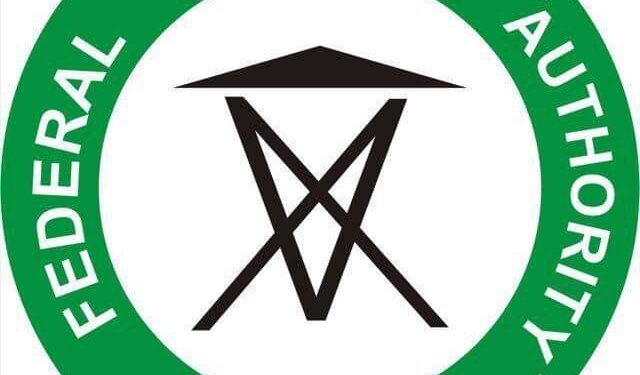By Abubakar Yusuf
ABUJA —THE Federal Housing Authority FHA has alerted the public over the decision to recover it’s lands from land grabbers and illegal occupants, stating that the ongoing demolition exercise was far from ethnic or any other coloration as been peddled.
A public notice issued by the Management via advertorial “Removal of Houses on Festac Phase 11: Our Position”. and released to newsmen on Monday by the the Head , Public Affairs, Kenneth Chigelu said the decision was in line with the earlier caveat, illegal sales and unapproved development without approval that sprang up on its estate in Festac Town 11 against the Master plan of the Authority.
He said structures and buildings were erected on centre of major roads, close to canals and oil pipelines which was fast turning the area to a modern slum within it’s estates.
The Management maintained that efforts to preclude the illegal proliferation of structures and activities of land grabbers could not yield the desired results , as thugs were been procured by the illegal developers and their collaborators who engaged in beaten staffs of the authority to near death, through harassment while on an official duties.
He recalled that in 2018, owing to security concerns on its staffs, it collaborated with the Lagos state government to serve notices of “Stop Work” on the illegal structures till 2019 to no avail.
The FHA said it embarked on demolition of the illegal structures scattered around it’s estates in 2021 in defiance of numerous “Stop Work” order placed on the affected residences.
The Authority further justified it’s decisions on the proliferation of sales and development of substandard building on swampy land, collapse soil texture and type, a behavior that required professional approval and supervision.
He said most of the house springing up were built on major roads outside the master plan and no approvals , supervision by professionals, hence cannot vouch for the integrity of the structures.
He further maintained that houses were built on roads setbacks, drainages and other infrastructures, as well as built below the levels of the roads, prone to collapse because of the soil settings.
However, appeals from relevant stakeholders, affected person’s, and illegal developers , management reconsidered it’s exercise in January, 2022, this was to salvage many buildings without compromising standards and agreed as follows ;
All developments along the road corridors must be demolished:
All developments around the canal and pipelines must go ;
Every structures not certified by the FHA must undergo integrity test and
All forms of developments must stop henceforth. As contravention notices and conditions for regularisation was issued the affected in line with the Verification, Regularisation and Recovery standard, VRR.
Inspite the stakeholders meeting, ongoing VRR, illegal developers and structures kept growing against the agreement and lay down procedures without the FHA allocation.
The negative development had distorted the Festac Town building plans along with the Master plan.
The confrontational disposition of the illegal occupants and activities of land grabbers led to the issuance of demolition notice in September, 2023 leading to the ongoing exercise, as many buildings were already undergoing
regularisation by the Authority.
The FHA wouldn’t wait for the incidences of building collapses before rolling out it’s safety measures, as it’s proactive actions predates all other situations, so as to save the impending dangers looming around the legacy Festac Town 11 in Lagos.











